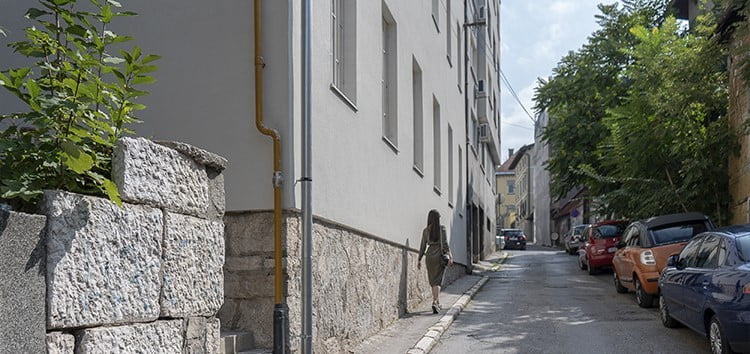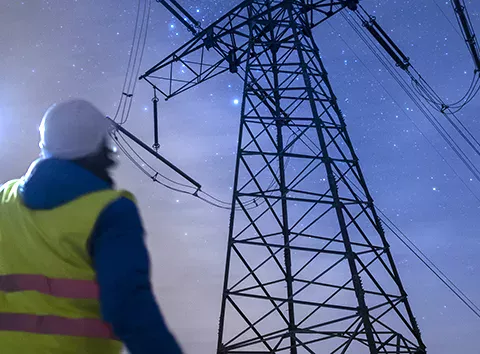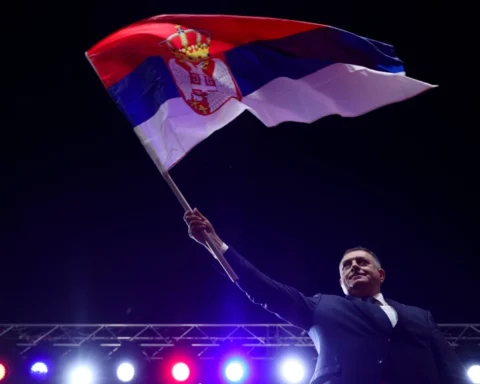Džidžikovac district is at the heart of the old city centre of the capital of Bosnia and Herzegovina, Sarajevo. Amongst buildings constructed in various styles from the second half of the 19th century stands the first apartment building in the Western Balkans to be renovated with the help of the EBRD.
One of the biggest challenges that the residents of the building faced in the past was staying comfortable and keeping their electricity bills low during the winter months when the temperatures drop to around -20 degrees Celsius.
The residents of the building enjoy being in a green part of the city. However, this also means faster deterioration of the building.
“Tree branches leant on the façade of the building, directing rainwater towards it and damaging it,” explains Miralem Mizet, one of the residents. “We were cold during the winter months, because the building was old with drafty windows.”
Pushing for success and setting an example
Receiving approval for the renovation of an entire private residential building can be a challenge. Legally, the building must have a representative to speak on behalf of the tenants before a loan can be secured.
“I was elected to represent the tenants of my building and I managed to organize all seven tenants, mostly pensioners, to accept the loan and to apply for funding under GEFF,” explains Mr Mizet. This was no easy task; it required time and understanding of the law.
The residents invested € 34,000 in renovating the building and installed new thermal insulation and energy-efficient windows, with the support of the EBRD’s Green Economy Financing Facility (GEFF).
The facility is supported by the European Union, the Western Balkans Investment Framework and the Austrian Federal Ministry of Finance. Working with partner banks, GEFF on-lends to homeowners wanting to invest in energy efficiency home improvements.
“This is the first time that the renovation company that worked on the project received an inquiry for insulation of an old apartment building,” explains Mr Mizet.
Until this project, the company only dealt with insulation for public buildings and gained valuable experience that can support similar projects in the future.
Saving energy, creating comfort
The electricity bills have dropped by 45 per cent and now the residents enjoy the comfort of an energy-efficient home. Yet the benefits don’t stop there, explains Mr Mizet.
“We will be able to see real savings this winter. But now, during warm days, we are enjoying the shade. Also, thanks to the replacement of the old windows we now have better sound insulation.”
Having made their homes more comfortable, the tenants are now joining forces for their next project – creating a welcoming outside space for them to plant trees and flowers, gather and enjoy coffee together.
Their new project is possible due to a €11,000 grant from the EU that the tenants received upon the completion of the project.
Together with the EU, the EBRD delivers policy support in the Western Balkans, working with governments to harmonise countries’ laws and regulations on energy efficiency under the Regional Energy Efficiency Programme (REEP). GEFF is implemented under REEP, which also benefits from a partnership with the Energy Community.
Western Balkans GEFF clients have invested around €25.5 million in green residential solutions, out of the €85 million total financing available under the Western Balkans GEFF programme.
Already each year these investments contribute to saving over 20 million kWh of energy and over 7,000 tonnes of CO2 emissions. That’s equivalent to taking more than 4,400 cars off the road.






